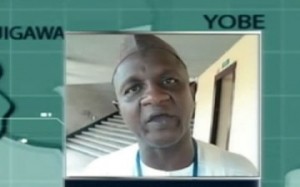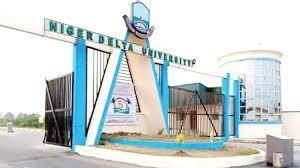
THE failure of official efforts to stop the nation-wide strike of university teachers, despite the recent passage of a bill by the Senate approving the retirement age of professors from 65 to 70 years, is disappointing. Although the age issue is only one of the several demands of the Academic Staff Union of Universities (ASUU), many Nigerians who have been concerned about the prolonged strike had hoped for a resolution. In the event, that has not happened and the collateral damages of the strike continue to pile up nearly two weeks after the bill was passed.
It would appear from the contending issues that a holistic approach is needed to resolve the problem once and for all. And university autonomy should be in the front burner having regard to its pre-eminent position among the teachers’ grievances. Government should take steps to address all outstanding issues in order to get the universities back to work without further delay.
Granted that the state of the universities in the country is appalling, ASUU should also consider the interest of students now roaming the streets, and their hapless parents. Besides, the strike can only add further dent to the country’s unenviable image arising from battered development in its education and academic sector.
About a fortnight ago, the Senate passed the bill approving a 70-year retirement age for academics in the professorial cadre, which has been one of the key demands of ASUU. It also passed another bill for an act to harmonise the retirement age of academic staff of universities, polytechnics and colleges of education. The bill states that “The compulsory retiring age of academic staff of tertiary institutions shall be 65 years, while the retiring age of academics in the universities shall be 70 years”.
Ordinarily, this ought to provide sufficient ground for ASUU to call off its nearly two months old strike. But the Union insists that the bill is not law yet, until the president assents to it. ASUU also appears to be pressing for the full implementation of the agreement it reached with the federal government in 2009. Logical as it may be, such an attitude may not be the best in the circumstance.
It is saddening that ASUU strike has become intractable and perennial, partly because government is unwilling to grant universities their autonomy. But this is damaging the country. It is a central issue that must be addressed, not in isolation, but as part of a corporate entity.
Government and ASUU should seek to resolve all outstanding issues quickly. Closing down the universities intermittently is not in the national interest, nor does it portend well for the future. The issue of autonomy has dragged on for too long. Autonomy would enable the councils to run their universities with minimum interference and more creativity. Besides, there is need to raise the standard of education, starting with facilities on the campuses. The universities need rebranding and adequate funding partly by government and partly through academic attraction, which goes with autonomy. This is in line with the practice in other countries. The ability to attract funding should be a necessary yardstick for advancement and promotion.
Government funding may be effected after due consideration of the carrying capacity of each university, followed by a calculation of what it takes to train a student in different disciplines. The aggregate would determine what it costs per university.
So far, this is not being done. The education authorities need to address it the right way, instead of the current haphazard manner. There should be an enduring system in operation. Education is too vital for the nation’s development; and it should be handled with such an appreciation.
Source: The Guardian Newspaper.


